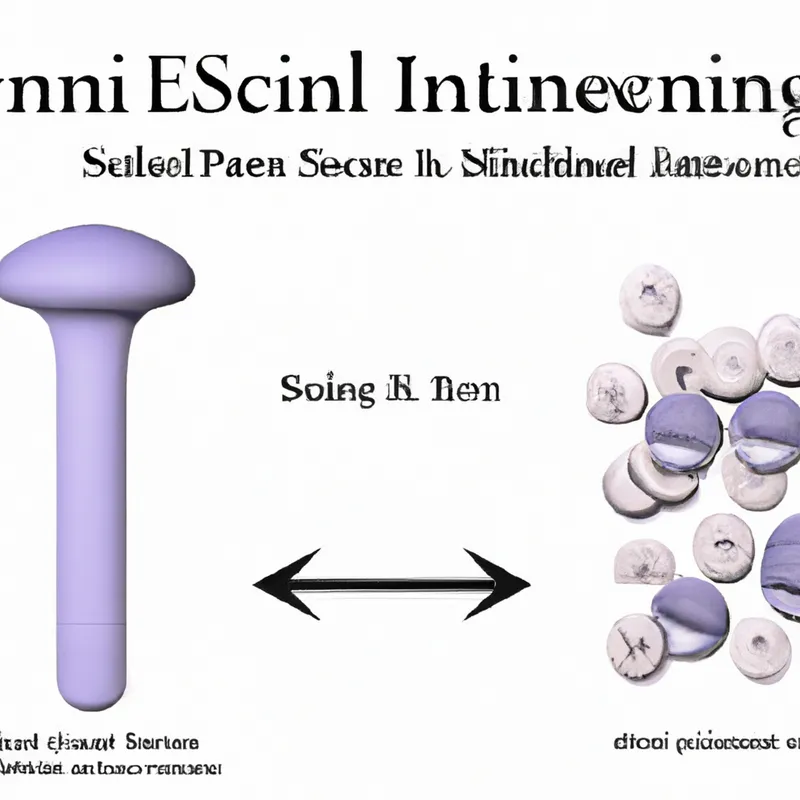Boost Immune Defense with Selenium Power
The Role of Selenium in Immune Function: Importance and Sources
Selenium is a trace mineral crucial for immune health. Many overlook its significance, but it supports a robust immune response. This blog discusses selenium’s importance, sources, immune support, and tips for adequate intake.
Why is Selenium Important?
Selenium supports various bodily functions. It acts as an antioxidant, protecting cells from oxidative stress and free radical damage. This mineral also aids thyroid function, regulating metabolism and energy levels. Its most critical role supports the immune system.
Research shows selenium enhances white blood cell production, essential for fighting infections and diseases. Specifically, selenium boosts T-cells and other immune cells’ proliferation and activity. T-cells recognize and respond to pathogens effectively. Additionally, selenium aids antibody production, neutralizing pathogens and helping the body remember past infections. Adequate selenium intake significantly boosts overall immune defense, making it vital for health, especially during cold and flu seasons.
Selenium also links to a reduced risk of chronic diseases. Studies suggest adequate selenium levels may lower certain cancers and cardiovascular diseases. This connection emphasizes the need for sufficient dietary selenium.
Sources of Selenium
Understanding sources of selenium helps you harness its benefits. Here are excellent dietary sources:
1. **Brazil Nuts**: Rich in selenium, just a few can meet daily intake. Moderation prevents toxicity.
2. **Seafood**: Fish and shellfish like tuna, sardines, and shrimp provide selenium and healthy omega-3 fatty acids.
3. **Meat and Poultry**: Beef, chicken, and turkey contain significant selenium. Grass-fed animals usually have higher levels.
4. **Eggs**: Eggs offer protein and selenium. Including them in meals boosts your intake easily.
5. **Whole Grains**: Foods like brown rice, whole wheat bread, and oats contain selenium, aiding overall health.
6. **Dairy Products**: Milk, yogurt, and cheese provide selenium, making them good diet additions.
7. **Vegetables**: While generally lower in selenium, spinach, mushrooms, and broccoli can contribute to your intake.
Tips for Increasing Selenium Intake
1. Incorporate Brazil nuts into snacks.
2. Add seafood to your weekly meal plan.
3. Choose grass-fed meat options.
4. Include eggs in breakfasts or salads.
5. Opt for whole grain products.
6. Enjoy dairy as snacks or in meals.
7. Add selenium-rich vegetables to dishes.
Conclusion
Selenium plays a vital role in immune health and overall well-being. Ensure adequate intake through diverse dietary sources.
Below are related products based on this post:
FAQ
Why is selenium important for immune health?
Selenium is crucial for immune health as it supports the production and activity of white blood cells, particularly T-cells, which are essential for fighting infections. It also aids in antibody production, enhancing the body’s ability to neutralize pathogens and remember past infections, thereby significantly boosting overall immune defense.
What are some dietary sources of selenium?
Excellent dietary sources of selenium include Brazil nuts, seafood (such as tuna and shrimp), meat and poultry (like beef and chicken), eggs, whole grains (like brown rice and oats), dairy products (such as milk and yogurt), and certain vegetables like spinach and mushrooms.
How can I increase my selenium intake?
You can increase your selenium intake by incorporating Brazil nuts into your snacks, adding seafood to your meals, choosing grass-fed meat options, including eggs in your diet, opting for whole grain products, enjoying dairy as snacks or in meals, and adding selenium-rich vegetables to your dishes.















Post Comment